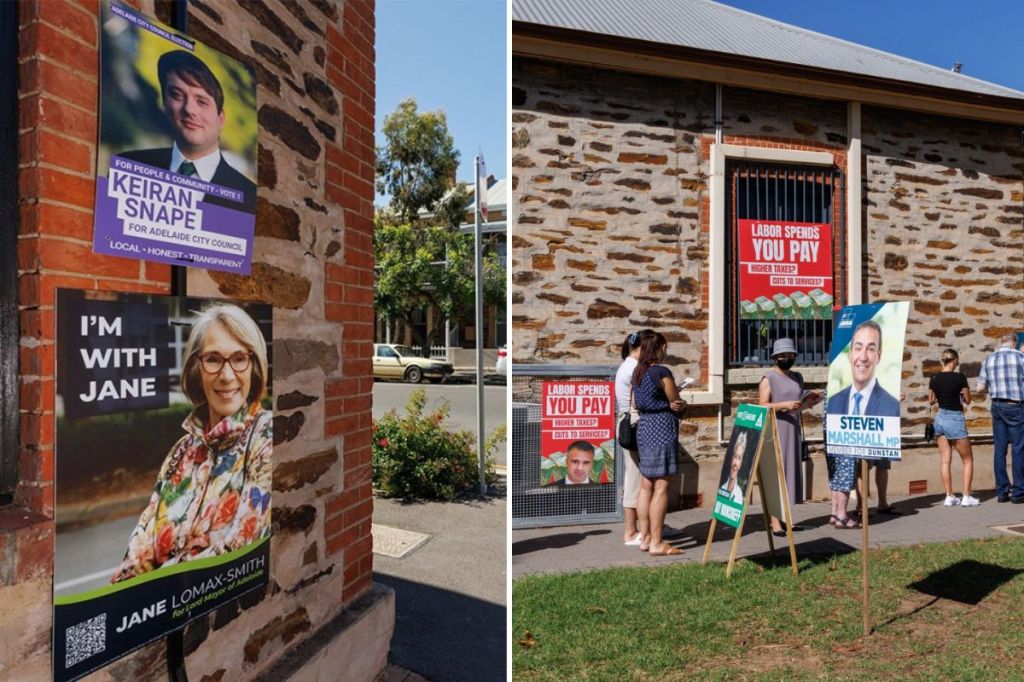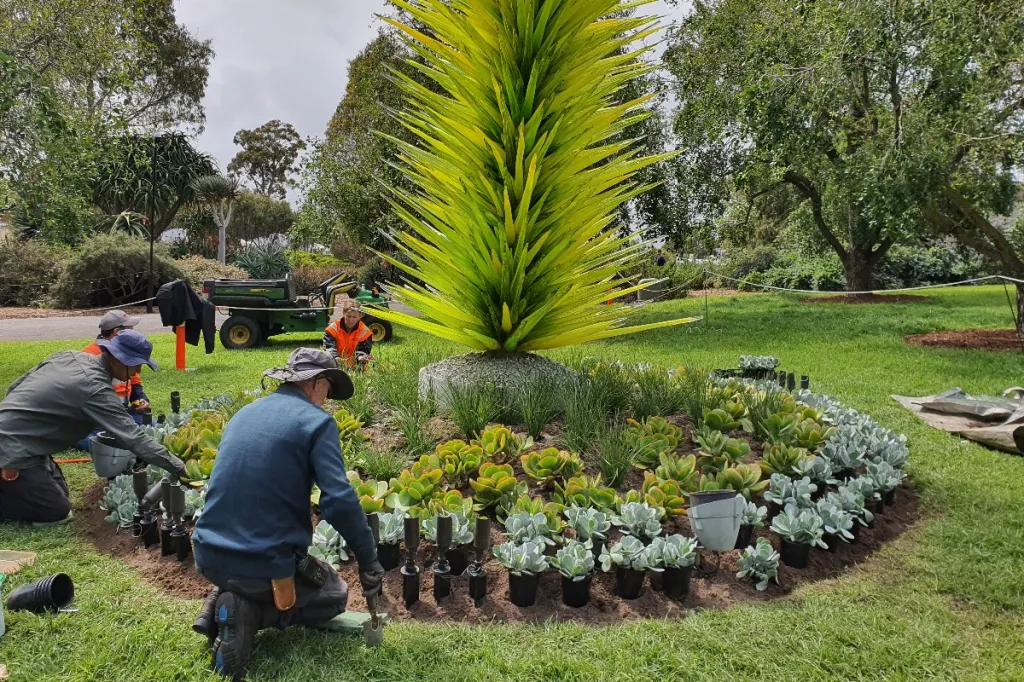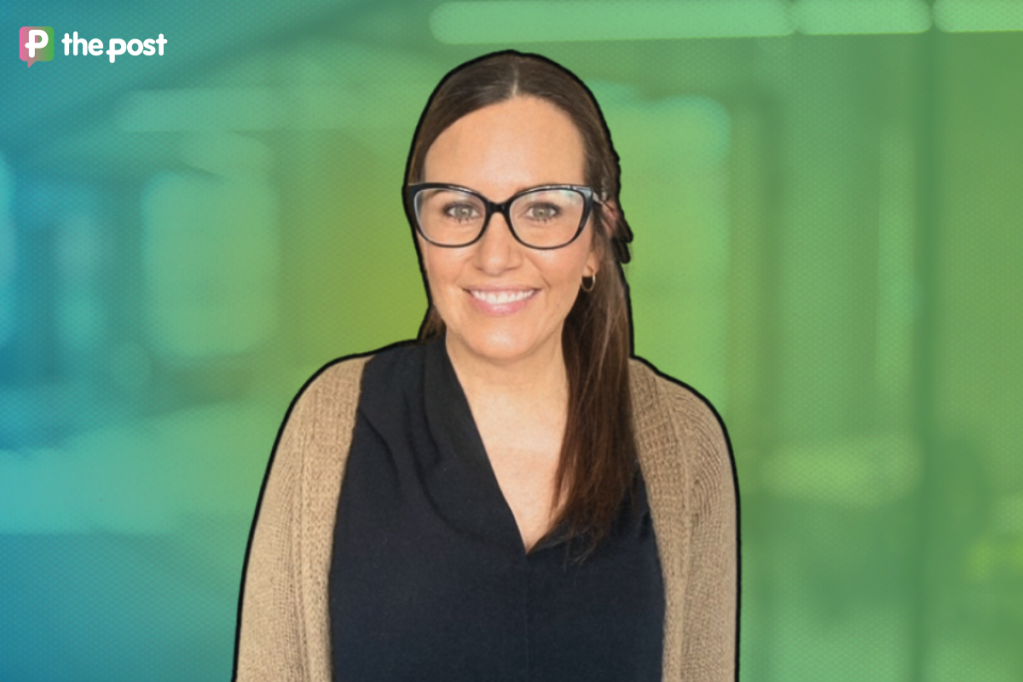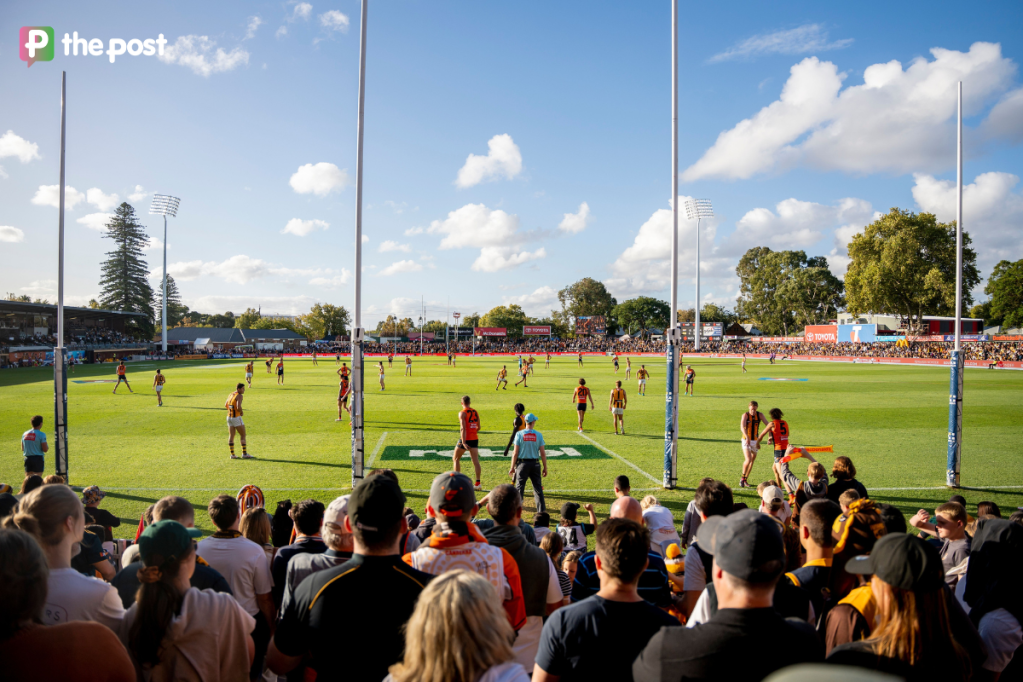Calls to strengthen voter authenticity and retime council elections
A report from the Electoral Commissioner made 19 recommendations for legislative changes to improve local government elections after a spike in complaints in 2022.

The Electoral Commission of South Australia’s (ECSA) 2022 council election report, tabled in parliament last week, revealed there were 570 complaints about alleged breaches of electoral law in the 2022 election period.
This was up 53.6 per cent from the previous local government election year in 2018, which received 371 reports of alleged breaches.
Most of the complaints received were about misleading or unauthorised electoral material, but three separate instances of alleged illegal practices were identified in 2022 in the City of West Torrens, Marion and the City of Adelaide.
The report recommends local government legislation be changed so that ballot envelopes without the correct date of birth filled in are rejected.
Currently, ballot papers have fields for name, date of birth and signature. But if the date of birth field is blank or has the wrong date, such as the date the voter completed their ballot papers, they still count.
When ballots are counted, returning officers aren’t currently obliged to check the date of birth of a voter.
If this changes, the report says it will provide “additional measures to ensure the authenticity” of postal votes that are submitted.
You might like
This recommendation comes after ballot papers were found to be mishandled in the Adelaide City Council’s Central Ward.
The report also points to Marion Council’s issues with alleged theft of ballot materials from letterboxes and those completed ballot paper envelopes returned, filled in. Suspected fraudulent ballot papers were removed from the count for investigation.
West Torrens Council had an alleged irregularity that appeared to boost the number of enrolments in a particular council ward, which remains under investigation by ECSA. Some ballot envelopes were withheld from the count because of this.
The report recommends modernising the council electoral roll application process to allow digital applications and require ID and proof of residence to enrol in a council election to prevent future issues like the alleged breach in West Torrens.
Retiming council elections
The first recommendation in the report is to change the date of council elections to the second Saturday in November in the year following a state election.
ECSA has recommended moving the date of the council elections so they’re in the year after council elections for over a decade in reports from 2006, 2010, 2014 and 2018.
The report says coordinating council elections is more complex than the state election “in some ways”.
Stay informed, daily
“Council elections are postal elections, involving up to 67 councils, geographically spread across South Australia,” the report read.
“There were 674 positions to fill across 222 elections. In 2022, there were 1,256 accepted nominations, 184 contested elections with voting packs addressed and sent to 1,243,661 electors across the state.”
The Local Government Association (LGA) South Australia says retiming local government elections will reduce voter fatigue and increase participation rates.
LGA President and Mitcham Mayor Heather Holmes-Ross said at last year’s LGA annual general meeting, councils voted in favour of this change to improve voter participation.
“While 43.3 per cent of regional voters voluntarily cast their ballot in the 2022 council elections, that number was much fewer in metropolitan areas where only 29.6% of eligible voters participated,” Holmes-Ross said.
“Deciding who represents you and your community on council is extremely important and as a sector, we want as many eligible people as possible to exercise their democratic right to vote in local government elections.
“In 2022, South Australians went to the polls three times – first for state elections, then for federal elections and by the time council elections arrived, many voters already felt fatigued. And that’s excluding several by-elections that also took place.”
Council elections are held at four-year intervals, as are state elections and the two fall in the same calendar year, with state elections held in March and council elections held in November.
In November last year, Frank Pangallo MLC introduced a bill to parliament that would limit council voting to Australian citizens and make voting compulsory.
The LGA said while councils agree that compulsory voting will increase participation, they want more information about how it will be costed to make sure there isn’t an increased financial burden on communities.
“We know voter participation numbers in council elections have remained fairly stagnant for a while now and if there are ways we can improve uptake through legislative change, then that’s something we’re keen to explore,” Holmes-Ross said.
“Democracy works best when everyone participates. When people choose not to vote in local elections, they give up their say on decisions that affect their neighbourhoods, families and futures. Better community representation starts with higher voter turnout.”
Pangallo is also calling for a parliamentary inquiry into ECSA’s handling of complaints about illegal practices after the 2022 council elections.
Pangallo told InDaily last month that they need to know if the Electoral Commission is “adequately resourced to be able to undertake these campaigns and also then the complaints that may arise as a result”.









